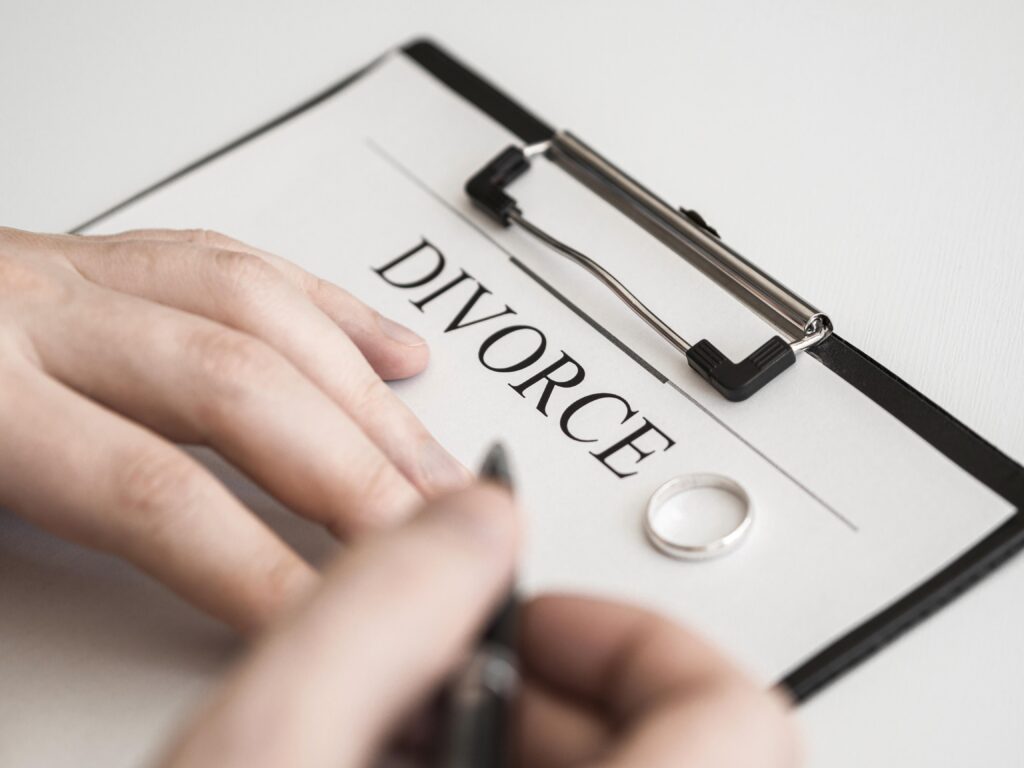Now Reading: Understanding gambling law in Australia
-
01
Understanding gambling law in Australia

Understanding gambling law in Australia
Introduction
Gambling is generally defined as an activity that involves betting money or something of real value on the outcome of an event that is decided entirely or in part by possibilities, such as a sports competition or a horse race, with the hope of winning an award or something else of value, even though it is difficult to provide an all-inclusive legal definition of gambling in Australia.
As free-to-enter events intended to promote trade, “trade promotions”—often referred to as “sweepstakes” in other jurisdictions—are also subject to gambling legislation in Australia. However, some Australian states and territories necessitate the organizer to first obtain a license from the relevant regulator before engaging in these activities. This is true even though these activities are generally permitted, subject to compliance with regulations concerning factors like draw integrity, results in publication, and eligible prize types.
Processes for Gambling Licenses in 2021
The Australian states and territories offer lengthy-dated gambling licenses for keno, retail wagering, lotteries, and casinos. Because of this, licensing possibilities for these kinds of gaming firms are uncommon and frequently fought. Three significant licensing procedures are currently underway in Australia, two of which are in Victoria and one of which is in Western Australia.
Keno in Victoria –
A random number generator uses a rapid draw lottery called keno to decide the winner. The Tabcorp group currently has a keno license in Victoria, which expires on April 14, 2022. The Victorian Department of Justice and Community Safety requested expressions of interest from qualified candidates on August 7, 2019. The following Victorian keno permit will allow the operation of keno games in Victoria and the distribution of the game online and in Victoria’s hotels, clubs, and gambling establishments.
Taking bets in Victoria –
The Tabcorp group also holds the current Victorian gambling and betting license. It ends on August 31, 2024. Like several other Australian jurisdictions, the present license holder was required to pay the government a fee upfront to obtain the license and to uphold a close legal and logistical relationship with the regional racing sector. This is done in Victoria through the operation of pari-mutuel and fixed-odds wagering online, on the racetrack, over the phone, and in retail outlets under an unorganized joint venture arrangement. Although the licensee is not yet authorized to run a betting exchange, it offers simulated race wagering.
In contrast to other jurisdictions, each state and territory has only had one operator authorized to operate retail betting activities, aside from on-course sports betting by licensed bookmakers, thanks to exclusivity agreements signed with the relevant government. You can find a list of mobile casinos that are trustworthy.
However, some industry members and potential license applicants have argued for major regulatory changes in the state, including moving away from the current strategy of exclusivity and sole-license model, which they claim is no longer reasonable considering the growth of online wagering in Australia and the fact that operators that are licensed in other Australian states and territories are allowed to provide wagering to Victorian inhabitants over the internet and phone in any circumstance.
The effectiveness of Australia’s comprehensive gaming regulatory regime, which spans the federal, state, and territorial levels, is jeopardized by inconsistent rules in different jurisdictions. There are three most common enforcement patterns from the perspective of wagering, all of which are compatible with a policy focus on harm minimization.
1. Advertising
Since about 2012, the regulator in New South Wales (NSW), Liquor and Gaming NSW has concentrated on prosecuting betting companies that distribute gambling advertising that it deems violates state law. Publishing or communicating any encouragement to join, or to participate regularly in any gambling activity, is illegal in NSW (and other jurisdictions). This covers incentives for opening a betting account. Recently, the maximum fines for violations in NSW were raised to AUD110,000 for enterprises and AUD11,000 for citizens.
2. Unlawful gambling sites
The Interactive Gambling Act of 2001 is enforced by the Australian Communications and Media Authority (ACMA) (IGA). Certain internet gambling services and unregistered providers, including those that are based overseas, are not allowed to provide services to Australian customers under the IGA. Combating the offering of illicit internet casinos in Australia has been a major area of concentration for ACMA. This focus has recently been broadened to include affiliate marketing websites that support and direct users to unlicensed gaming websites.
3. Rules and regulations
Australia’s consumer protection laws are enforced by the Australian Competition & Consumer Commission (ACCC) in coordination with state and territory fair trade regulators.
Conclusion
Betsquare Australia lists various other regulations and rules necessary for setting up your online casinos in Australia, along with a list of all the reliable casinos that follow the above-mentioned guidelines.










